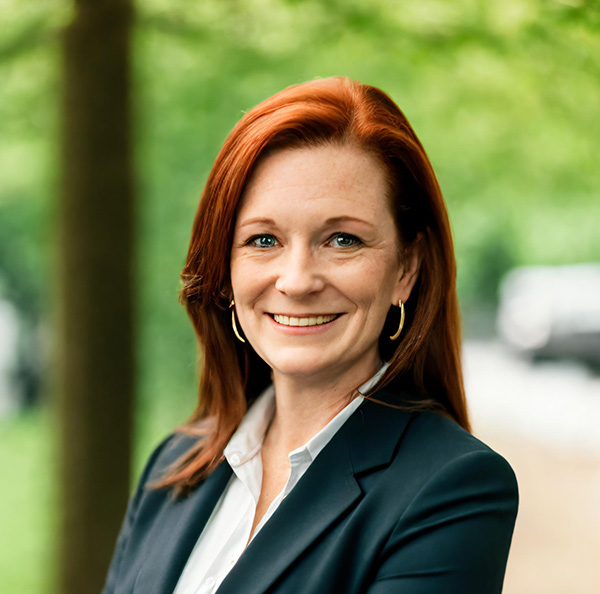As I tucked my very precocious seven-year-old daughter into bed, I was bombarded with a series of questions that I just didn’t see coming.

She began by asking, “Mom, will the Easter Bunny get the coronavirus?”
Then, she immediately followed with, “Are holidays cancelled too?”
And before I could respond, the third question came tumbling out, “What about Santa, will he get sick?”
My in-the-moment response sounded something like this, “The Easter Bunny is magical just like Santa. They are both protected by their magic and their purpose. They will continue carrying out their holidays and bringing joy to children as they have for years before us and will for many many years in the future. We will dye eggs and we will celebrate Easter in just a few weeks.”
As I quickly developed answers to these questions, hoping my husband and two other daughters (10 and 13 years old) would answer them similarly when undoubtedly questioned later, I found myself in awe of the child’s brain. This awe shifted from the brain to the human heart as her line of questioning evolved with our conversation.
Now assured about holidays, she asked with a tear sliding down her cheek, “What about Gaga, Grandpa Jimmy, Marpy and Pampa? They are old and the virus isn’t good for old people…”
Another set of questions unfolded after we discussed the impact of the coronavirus on our family and on people of all ages.
She asked, “And my friends, what if they don’t have food because their parents lose their jobs?” The flood gates opened and she began uncontrollably sobbing. Through tears, she continued, “What will we do to help them?”
I held Charlotte for a long time. The physical weight of her fear and anxiety was undeniable. As I held her, I found myself feeling ashamed that I hadn’t detected her concern about the Easter Bunny or Santa.

Additionally, I felt happy that she was thinking of other people like her grandparents, yet simultaneously sad to discover this was eating away at her with each passing day of quarantine. I was impressed that she connected the coronavirus to economic failure, unemployment, and eventually hunger, but I was shocked by just how much she understood at the age of seven.
Ultimately, I went to bed feeling blindsided and woefully underprepared to parent through the coronavirus pandemic.
The next morning I woke up with a sense of clarity and direction. My inner educator was fully channeled. As a result, I was ready to empower my children to take ownership of their emotions and the situation (to the degree that they could).
I called the children to the table and asked them, “What are you feeling?”
As they named their feeling, I asked them what they were “afraid of” or “scared of” or “annoyed” about. I recorded their responses on a piece of paper. Then for each feeling named, I asked, “What are you and we going to do to make you feel less afraid or sad, etc.?”
We recorded the actions we would take on paper.

Then, we set to work on implementing our action plan.
Driveways are being decorated, grandparent FaceTime calls are scheduled, online game nights are planned, donations are being made, and daily schedules are posted.
As we move forward, I know unprecedented times will continue to bring unexpected questions. But rather than be thrown off by the questions, I will be ready to help my children navigate their current feelings and next steps.

